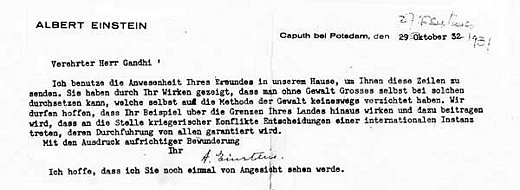
It took 60 years, in 1963, for another woman to win the most coveted prize in physics. Maria Goeppert Mayer was awarded for discoveries concerning nuclear shell structure.
Another 55 years later, in 2018, Donna Strickland received the award for her 1985 discovery, chirped pulse amplification, a technique which is used to make cellphone screens.
Cut to 2020, we have another woman Nobel laureate in physics, her name Andrea Ghez, who has been awarded the top honor for the discovery of a supermassive black hole in the Milky Way's center!
She shared the prize with colleague Reinhard Genzel. The other half of it went to Sir Roger Penrose.
When asked to comment on it, Andrea said: "I'm grateful, I'm thrilled. You know I work for the science and I'm just glad that it is recognized."
One might ask, "Why do we care about supermassive black holes, like, why is that so important to know about?
Andrea says: "They represent the breakdown of our understanding of the laws of physics. It's transformed our knowledge of these objects that we didn't really have proof existed in the universe."
By picturing the center of Milky Way galaxy at infrared wavelength, Ghez and her team were able to peer through heavy dust that blocked visible light, and produced images of the Black Hole, Sagittarius A*.
By using Kepler's third law, she showed that its mass was 4.1 million solar masses. Based on its mass and radius calculations, astronomers concluded that Sagittarius A* was a supermassive black hole.
Andrea has appeared on many black hole physics documentaries for BBC and Discovery Channel. When asked about her role as a science comunicator, she replied: "We all must step up to talk about the role of science and that is, I think, more important than ever."
She stayed up many nights at the Keck telescope photographing the center of Milky Way and then superimposed each still photograph on top of the other to make a film showing how stars around the center behaved due to Sag A*. In 2020, we celebrate her brilliance and dedication.












 Physics, astronomy and science history blog for students
Physics, astronomy and science history blog for students